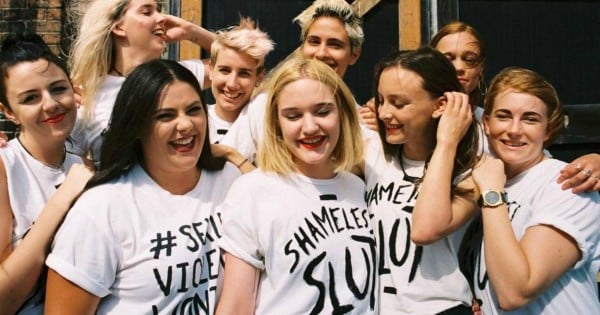
By Erin Stewart.
Late last year, two young women went to their local police station in Sydney after they were threatened with rape. The police didn’t know what to do.
“We’re not sure we know how to prosecute this,” officers reportedly told them. “These cases are hard.”
It was “hard” because the abuse perpetrated against these women had happened online. A 25-year-old man, Zane Alchin, is accused of posting a screenshot of a woman’s Tinder account alongside a derogatory caption.
When other, female users called him out on his cruelty, he allegedly responded with explicit and violent remarks, allegedly calling them “sluts” and referring to “the best thing about raping feminists”.
But this event is not an isolated one.
According to a report by the UN Broadband Commission for Digital Development Working Group on Broadband and Gender, 73 per cent of women globally have already experienced online violence.
Cases of perpetrators facing the justice system, however, are rare. Only 5 per cent report harassment to the law enforcement system, and as internet culture writer Amanda Hess has noted, cases of online harassment against women are rarely pursued further.
Women are not taken seriously, abuse online is not seen as “real”, and the path to justice is muddy within existing legislative frameworks.
‘Sexual Violence Won’t Be Silenced’.
One of the women who went to police, along with others, have formed advocacy group Sexual Violence Won’t Be Silenced (SVWBS), started a petition against harmful comments allegedly made by Alchin and the reams of similar cyberhate.





























































































